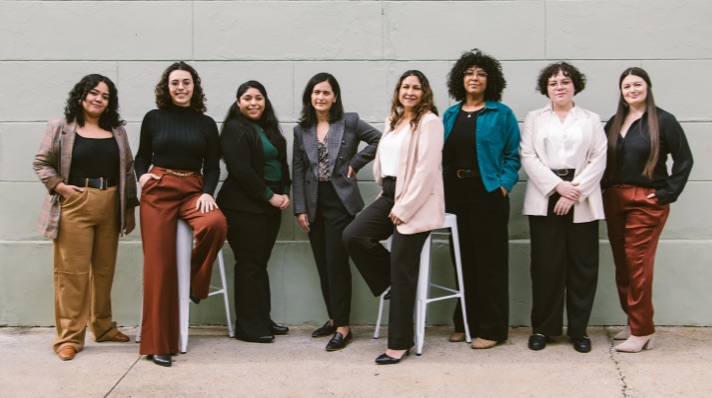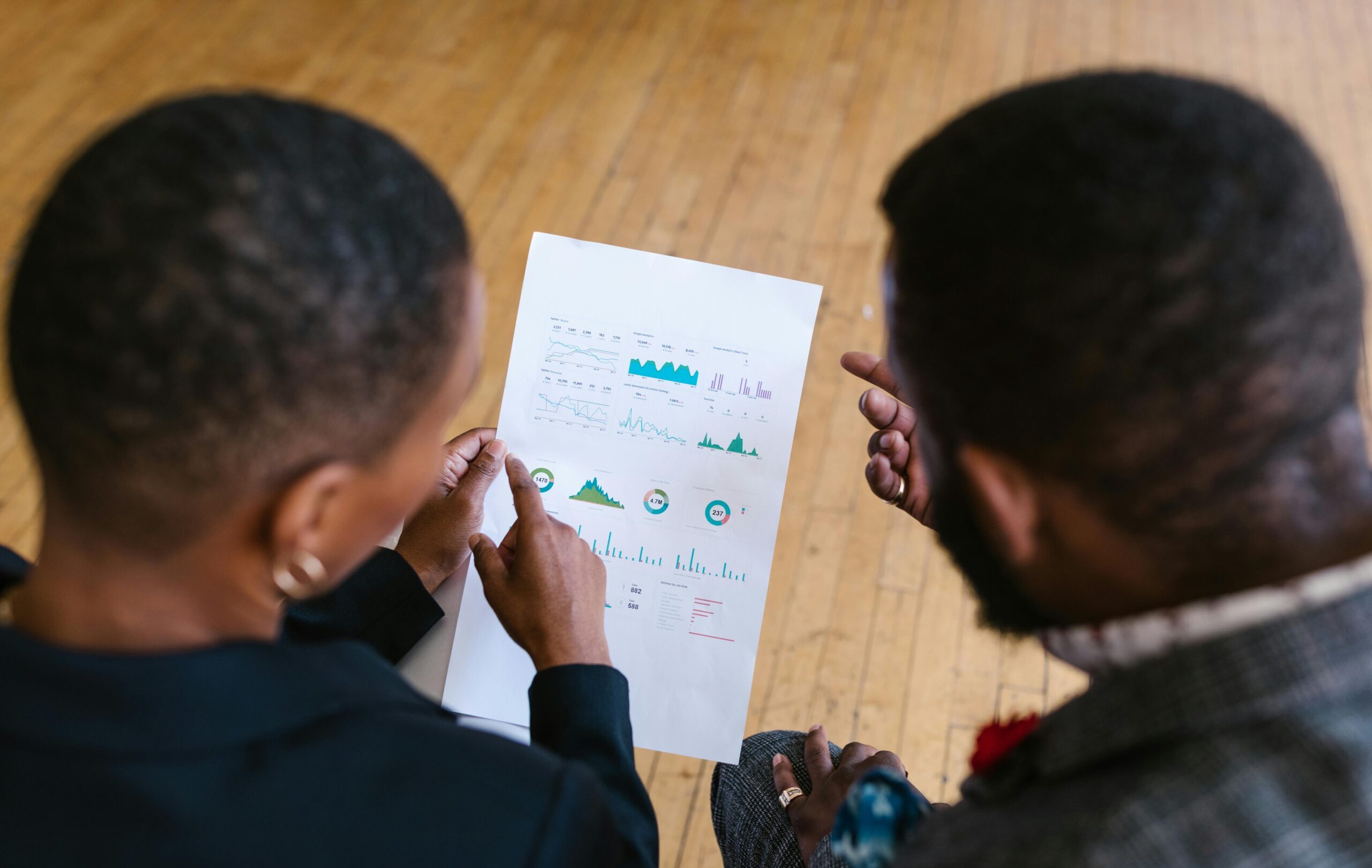On Racial Healing: Using Data and Dialogue to Foster Learning
As the nation observed Martin Luther King Day earlier this month, the United States is in an evolving space when it comes to acknowledging historical and present-day racism, and providing opportunities to listen, critically reflect, and collectively heal. The seventh annual National Day of Racial Healing was held January 17th, where over 100 K12, higher education, business, and community leaders were invited to host conversations centered on Truth, Racial Healing and Transformation (TRHT), a framework that helps individuals, communities, and institutions heal from past and present-day harms of racism.
“Our public schools are a uniquely important space for advancing racial equity through racial healing (and tolerance more broadly).”
While the National Day of Racial Healing creates space to acknowledge racism as experienced when people apply for jobs, buy or rent a home, visit a doctor, interact with law enforcement, engage in K12 or postsecondary learning and in so many other settings, our public schools are a uniquely important space for advancing racial equity through racial healing (and tolerance more broadly). Public schools are anchor institutions vital to communities across the country. Schools are where relationships are built, where students, caregivers, and educators work together towards a collective goal of putting forth our next generation of leaders. But, as described in a recent New York Times article, there is evidence of rising hostilities, bullying, and intolerance on school grounds that turn what should be joyful learning experiences into a dreaded misery for many children every day.
The National Day of Racial Healing is a great jumping off point for conversations that address misunderstandings about one another’s perceived backgrounds and experiences and how they inform explicit racism or other hostilities and negative experiences children face in schools. But it must be only the beginning. Changing current narratives requires ongoing dialogue and action that increases empathy, advances racial equity, and builds solidarity.
Here are three concrete actions education leaders and policymakers can take beyond a day of racial healing:
- Incorporate racial healing days throughout the school year and in annual curriculum. School leaders can host events throughout the year to bring the school community together into a conversation about racial healing. These opportunities provide a safe space to not only learn about each other’s diverse backgrounds, perspectives, and lived experiences, but also brainstorm actions to address systemic racism. Giving students authentic opportunities to make their voices heard is also a key step toward breaking down systems of oppression. Conducting healing circles in classrooms, organizing a time for students to create art – visual or written – that inspires racial healing, or facilitating conversations are some examples.
- Invest in the Education Department’s Office of Civil Rights (OCR). OCR has a unique responsibility to enforce civil rights and nondiscrimination in schools through policy, technical assistance, and data collection and reporting. Unfortunately, the ED under the Trump administration rolled back key provisions, leading to hundreds of dismissed cases and further diminishing OCR’s ability to enforce civil rights laws. For years, OCR has been sorely underfunded and understaffed. Additional funding would provide much needed staffing and resources to investigate discrimination complaints, train school and district staff on how to respond, and ensure accurate, timely, and accessible data collection and reporting.
- Use data to open dialogue and shine a light on racial disparities. Collecting and reporting disaggregated data is a first step. Equally important is creating spaces for critical dialogue and learning to take place alongside data, research, and evidence. At EduDream, we proactively create space in all data review conversations to shed light on the experiences of the individuals and groups reflected in the data. By uplifting these experiences, we challenge narratives others may have about students from particular backgrounds or communities. In doing so, we model for those not yet comfortable or accustomed to interrogating why racial disparities exist, in ways that will promote and not detract from racial healing. We see this as the most impactful way our equity-focused organization delivers on this promise.
We need to go beyond one day of racial healing across the U.S. We need a decade of sustained ongoing conversations. At EduDream, we believe addressing systemic racism and the growing intolerance in schools requires collective learning to understand each other across lines of difference, including our individual and shared experiences. We believe a community conversation is the first step to creating safe spaces and begin building bridges together.



